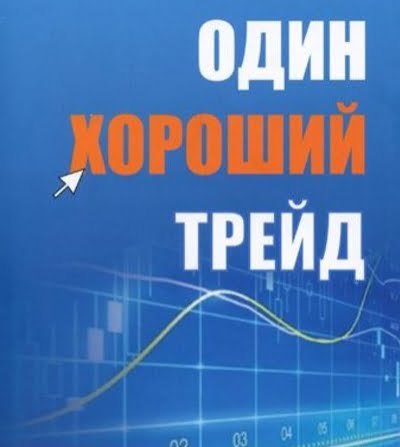Steve just made a losing deal. Although he only lost 2 %, he can't stop thinking about it: “What did I do wrong? How could I prevent a loss? What i missed? What does this loss mean to me, as a trader? What will happen next? I can handle it.? ” Steve reflects. He can't let go of it. He constantly gets bogged down in a loss, scrolling it over and over in my head. Reflecting on a past loss not only reinforces a bad mood, but also, as a recent study by Dr. Andrew Ward shows (Andrew Ward), the reflective type is less satisfied, less confident and less able to adhere to the planned course.
People differ in their degree of reflection. Some people don't care at all; they may erase from memory or avoid thinking about trouble, share with friends and acquaintances or take clear and definite actions, to change circumstances, which make you feel bad. No matter how they act, over-focusing on a problem is not for them. “survivors”, against, constantly focus on meaning, the causes and consequences of their experiences. Doing something usually makes a bad mood worse., adversely affect the ability to solve problems, attention and concentration. This mindset is not conducive to skilled trading., when everything depends on a calm and focused approach to problem solving.
In their study, Dr. Ward and colleagues diagnosed and classified university students as either “survivors”, or how “non-survivors”. Each participant was individually asked to develop a specific plan, solve an urgent university- the problem, for example, how to solve the housing shortage. Participants were asked to submit their plans to a member of the university planning committee. Unlike “non-survivors”, people, reflexive ones were less satisfied, less confident, and less committed to their plans. Besides, it took them extra time to find new information and revise the plan. Finally “survivors” were so exhausted, that they could not move on to action in any direction. Instead of, to go ahead, they were trapped and paralyzed.
The trader needs to quickly draw up a sensible plan of the transaction and take decisive action. But some traders revise their plans many times and in fluctuations miss important market moves.. Reflection can explain, why some traders experience this disease. And you – “survivor”? If you recognize yourself here, every effort should be made, to work on this problem. Self-awareness necessary. When you know, that you have a problem with the way of thinking, You can come up with a plan for self-control. It's not easy to change your thinking style; if you have developed a habit of reflecting on your emotions over the years. But it can be controlled. Monitor your thoughts carefully and, when you worry, remind yourself, what, doing so, You reinforce your bad mood, what, in its turn, will affect concentration and impair the ability to come up with creative solutions to trading problems. Some physiologists suggest, for the reflective person to shout loudly “stop!”, when he finds himself worrying. Unlike “non-survivors”, questioning and reanalyzing decisions is not wise, and you need to remind yourself, that it is not conducive to moving forward. After a while, with experience, for “survivors” it will be possible to take swift and decisive action, instead of, to freeze in sorrow about a recent losing trade. so, If you – “survivor”, don't make a losing trade worse with your worries – it's too ruinous. Define the problem, come up with a control method, and don't let reflexions stand against confident trading decisions.

